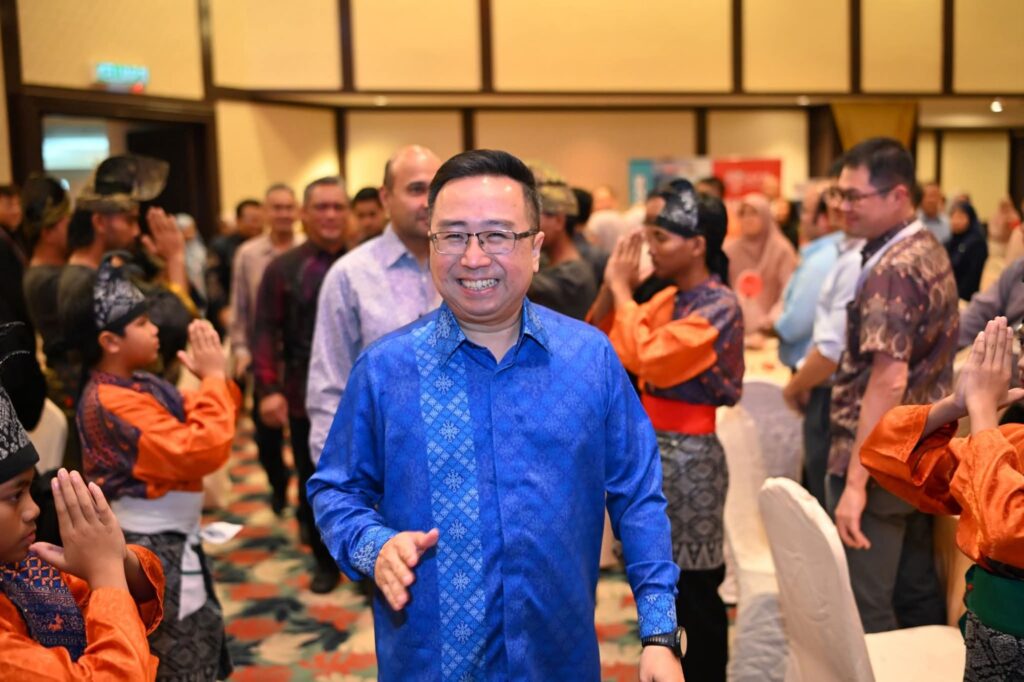KUALA LUMPUR. MALAYSIA, Sept 30, 2025 – Malaysia’s Minister of Science, Technology and Innovation (MOSTI), Chang Lih Kang, emphasized the nation’s potential to compete globally in innovation, urging a collective effort from government, industry, and society to bridge gaps in research and commercialization.

In an opinion piece released today, Chang addressed young Malaysians’ concerns about competing on the world stage, affirming that the country can succeed through boldness and self-belief. He highlighted Malaysia’s ranking of 34th out of 133 economies in the Global Innovation Index 2025, placing it in the top third worldwide and among ASEAN’s leading innovation hubs. However, he warned that without intensified efforts, Malaysia risks falling behind neighbors like Singapore and South Korea.
“Innovation is not about gadgets or buzzwords. It is about the way ideas improve lives,” Chang wrote, citing examples such as locally developed vaccines, advanced farming solutions, and affordable digital healthcare platforms. He stressed that research and development (R&D) must translate into tangible products and jobs, rather than remaining confined to academic papers.
Chang acknowledged ongoing challenges, including Malaysia’s R&D spending at about 1% of GDP—below the OECD average of 2.4%. The government has set targets of 3.5% gross expenditure on R&D (GERD) and 70% business expenditure on R&D (BERD) by 2030. He also noted frustrations from researchers lacking industry partners and startups struggling with funding and scaling.
To address these issues, the minister pointed to initiatives like the National Technology and Innovation Sandbox (NTIS) for real-world testing of technologies, the Global Innovation Exchange (GIX) for international market access, and the upcoming 13th Malaysia Plan (RMK13) to sharpen national R&D focus.
A key highlight is the launch of the National Research, Development, Innovation, Commercialisation & Economy (RDICE) Action Plan (2025–2030) at the National Innovation and Commercialisation Expo (NICE 2025). Chang described RDICE as a unified pathway to integrate research, innovation, and entrepreneurship, moving away from siloed approaches.
“Innovation is not a ministry project. It is a national mission,” he stated, calling for a “whole-of-government and whole-of-society” collaboration. He expressed optimism drawn from examples like Penang researchers partnering with Kedah farmers and corporates supporting Johor student innovations.
NICE 2025, scheduled for October 6–9 at the World Trade Centre Kuala Lumpur, will serve as a platform for showcasing technologies, forming partnerships, and inspiring the public. Chang invited students, entrepreneurs, and citizens to attend, framing the event as a showcase of “our innovation” rather than just a government affair.
The minister concluded by reiterating that Malaysia’s future depends on the imagination and actions of its people, inviting all to join in shaping the nation’s story through innovation.
